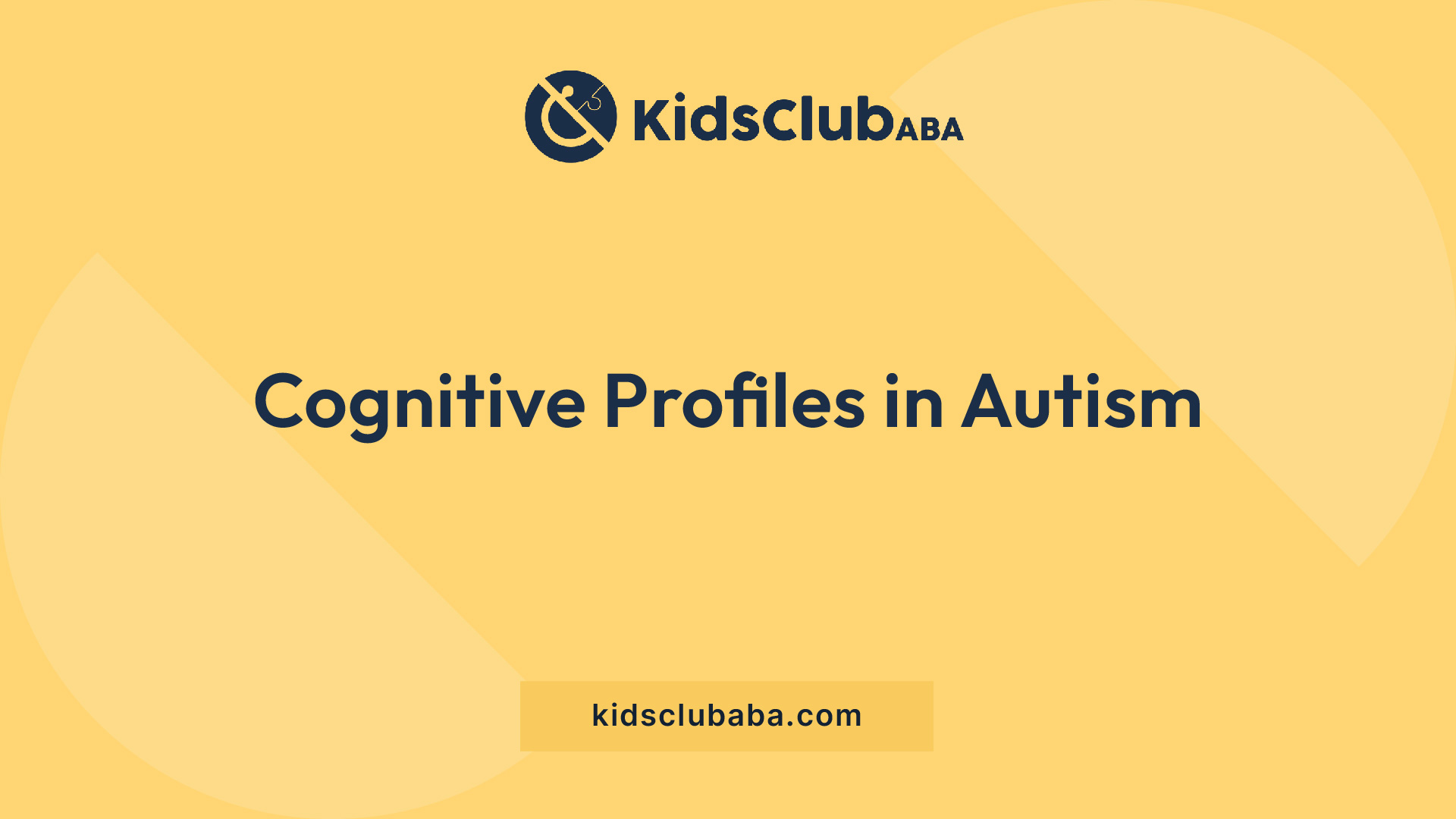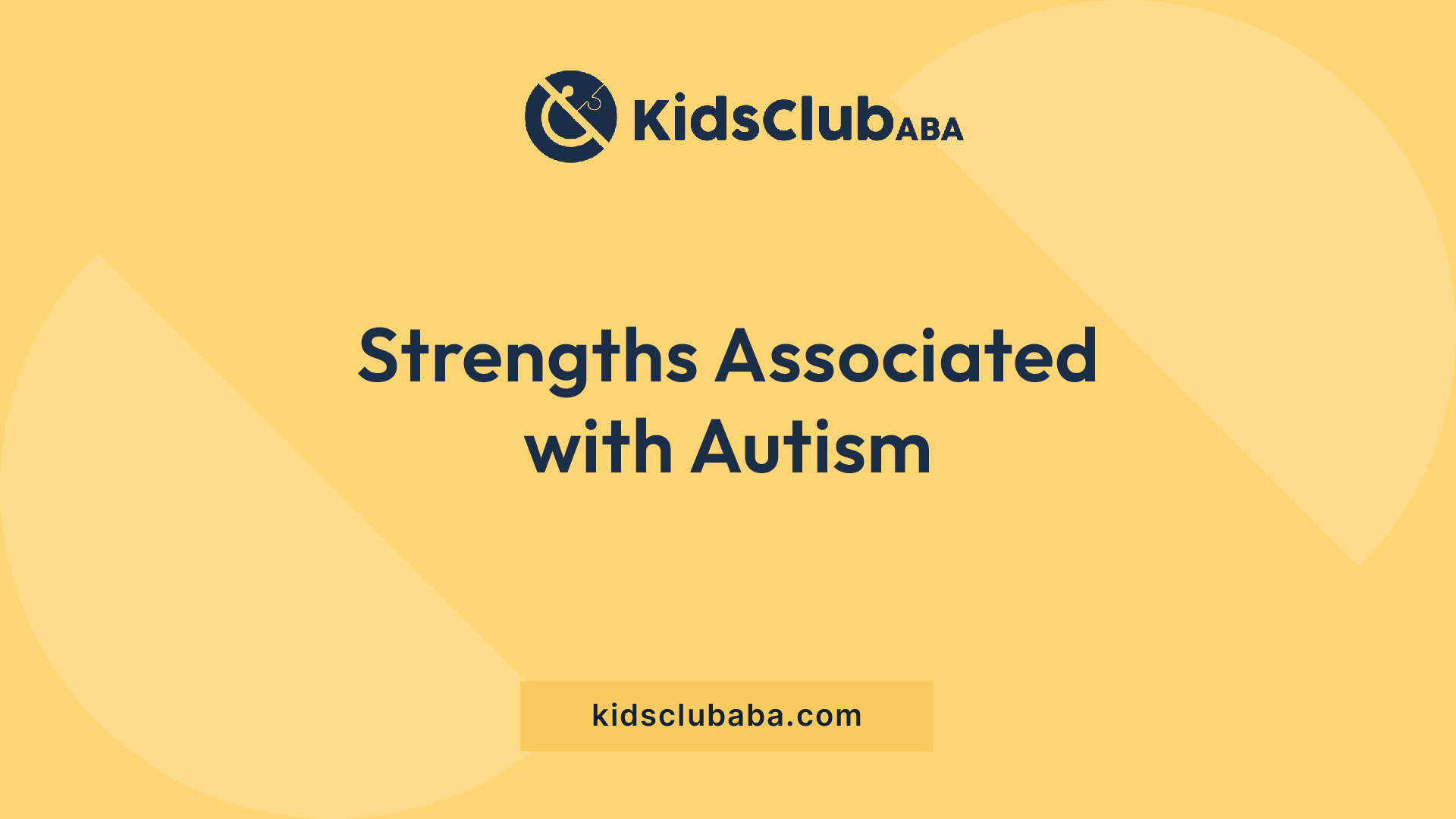Are Autistic People Smart? Understanding Intelligence in Autism Spectrum Disorder
Introduction
The question “Are autistic people smart?” reflects a fundamental misunderstanding about both autism and intelligence. Autism Spectrum Disorder (ASD) encompasses a wide range of neurological variations that affect social interaction, communication, and behavior. Intelligence, similarly, spans multiple dimensions beyond what traditional IQ tests measure.
This article explores the complex relationship between autism and intelligence, challenging simplistic narratives and highlighting the diverse cognitive profiles of autistic individuals. We’ll examine current research, dispel common misconceptions, and provide a more nuanced understanding of neurodiversity.
Table of Contents
ToggleUnderstanding Autism Spectrum Disorder
Autism Spectrum Disorder refers to a broad range of conditions characterized by challenges with social skills, repetitive behaviors, speech, and nonverbal communication. The term “spectrum” emphasizes that autism presents differently in every person.
According to the Centers for Disease Control and Prevention (CDC), approximately 1 in 36 children in the United States is diagnosed with ASD, representing a significant portion of the population [1]. The prevalence has increased in recent decades, partly due to improved diagnostic criteria and greater awareness.
Autism is not a single condition but a complex developmental difference with multiple subtypes influenced by genetic and environmental factors. This diversity extends to cognitive abilities as well.
The Complexity of Intelligence
Before addressing whether autistic people are “smart,” we must understand that intelligence is multifaceted. Traditional IQ tests measure specific cognitive abilities but fail to capture the full spectrum of human intelligence.
Howard Gardner’s theory of multiple intelligences identifies at least eight different types:
- Linguistic intelligence
- Logical-mathematical intelligence
- Spatial intelligence
- Musical intelligence
- Bodily-kinesthetic intelligence
- Interpersonal intelligence
- Intrapersonal intelligence
- Naturalist intelligence
Autistic individuals may excel in some areas while facing challenges in others, similar to neurotypical people but often with more pronounced differences between strengths and difficulties.

Cognitive Profiles in Autism
Research consistently shows that autistic individuals display diverse cognitive profiles that don’t conform to simple “more intelligent” or “less intelligent” classifications.
Uneven Cognitive Profiles
Many autistic people demonstrate what psychologists call an “uneven cognitive profile,” with significant strengths in some areas and challenges in others. According to a 2018 study published in the Journal of Autism and Developmental Disorders, approximately 45% of autistic individuals show this pattern [2].
For example, an autistic person might excel at pattern recognition, memory tasks, or spatial reasoning while struggling with verbal comprehension or executive functioning.
Savant Abilities
While relatively rare, savant abilities—exceptional skills in specific areas—appear more frequently in the autistic population. Research suggests that approximately 10% of autistic individuals demonstrate savant abilities, compared to less than 1% of the non-autistic population [3].
These abilities can include:
- Calendar calculation (instantly naming the day of the week for any date)
- Exceptional memory for facts, numbers, or details
- Advanced musical abilities
- Remarkable artistic talents
- Mathematical calculation skills
However, it’s important to note that savant abilities are not representative of most autistic people’s experiences and can sometimes perpetuate stereotypes about autism.
General Intelligence Distribution
When looking at standardized measures of intelligence, autistic individuals fall along the same spectrum as the general population. Approximately:
- 31% of autistic individuals have an intellectual disability (IQ < 70)
- 23% have borderline intellectual functioning (IQ 71-85)
- 46% have average to above-average intelligence (IQ > 85)
This distribution challenges the outdated perception that autism necessarily implies intellectual disability.

Strengths Associated with Autism
Research has identified several cognitive strengths that appear more frequently in autistic individuals:
Pattern Recognition and Systemizing
Many autistic people excel at identifying patterns and understanding rule-based systems. This ability, sometimes called “systemizing,” can translate to strengths in fields like mathematics, computer science, music, and engineering.
Professor Simon Baron-Cohen’s research at Cambridge University found that autistic individuals scored significantly higher on the Systemizing Quotient, a measure of the drive to analyze and construct systems [4].
Detail-Oriented Processing
Autistic individuals often demonstrate superior attention to detail, sometimes referred to as “local processing bias.” While this can make it challenging to see the “big picture,” it enables exceptional performance in tasks requiring precision and thoroughness.
This strength can translate to various professional contexts, from quality control to data analysis, scientific research, and technical fields.
Long-Term Memory
Many autistic people demonstrate exceptional long-term memory, particularly for topics of special interest. This capacity for storing and retrieving detailed information can be a significant advantage in academic and professional settings.
Specialized Knowledge
The tendency for autistic individuals to develop deep, focused interests often leads to the acquisition of extensive knowledge in specific domains. These “special interests” can develop into valuable expertise and form the foundation for successful careers.
Challenges and Different Ways of Processing
Alongside these strengths, autistic individuals may face specific cognitive challenges:
Executive Functioning
Executive functions include planning, working memory, attention, problem-solving, and self-regulation. Many autistic people experience difficulties with these skills, which can mask their intelligence in traditional educational or workplace settings.
Social Cognition
Challenges with understanding social cues and the perspectives of others (sometimes called “theory of mind”) can affect how autistic people interact with others but don’t reflect general intelligence.
Sensory Processing
Many autistic individuals experience atypical sensory processing, which can make certain environments overwhelming and interfere with their ability to demonstrate their knowledge and abilities.
Beyond IQ: Different Kinds of Smart
Intelligence extends far beyond what standardized tests can measure. Autistic individuals often demonstrate forms of intelligence that traditional metrics fail to capture:
Creative Thinking
Many autistic people approach problems from unique angles, leading to creative solutions and innovations. This divergent thinking can be a significant asset in fields requiring novel approaches.
Authentic Perspective
The autistic experience often involves a direct, honest perception of the world less filtered by social conventions. This perspective can lead to valuable insights and contributions across various domains.
Specialized Intelligence
The deep, focused interests common in autism often develop into specialized expertise that represents a form of intelligence highly valuable in specific contexts.
Educational and Workplace Implications
Understanding the diverse cognitive profiles of autistic individuals has important implications for education and employment:
Educational Approaches
Traditional educational settings may fail to recognize and nurture the strengths of autistic students. Approaches that accommodate different learning styles and leverage special interests can help autistic students thrive.
Workplace Accommodations
Reasonable accommodations in the workplace—such as clear communication, structured environments, and sensory considerations—can enable autistic employees to demonstrate their full capabilities.
Strengths-Based Approach
Organizations like Microsoft, SAP, and others have developed neurodiversity hiring programs that recognize the unique strengths autistic individuals bring to the workforce, particularly in technology fields.
Challenging the Misconceptions
Several harmful misconceptions persist regarding autism and intelligence:
Myth: All Autistic People Are Either “Low-Functioning” or Savants
Reality: Autistic individuals display the same range of intellectual abilities as the general population, with most falling in the average range. The terms “high-functioning” and “low-functioning” oversimplify the complex profile of strengths and challenges each person experiences.
Myth: Nonverbal Equals Non-Intelligent
Reality: The ability to speak verbally does not correlate with intelligence. Many nonverbal autistic individuals demonstrate high intelligence through alternative communication methods, including writing, typing, and augmentative and alternative communication (AAC) devices.
Myth: Autism Is an Intellectual Disability
Reality: While some autistic individuals also have intellectual disabilities, autism itself is a neurological difference characterized by distinct patterns of thinking and perceiving, not an intellectual disability.
Personal Perspectives
The experiences of autistic individuals themselves provide the most valuable insights into the relationship between autism and intelligence:
“I think differently, not less. My brain focuses on details others miss and makes connections others don’t see. That’s not better or worse—just different.” – Sarah, autistic self-advocate
“People assume because I don’t look them in the eye or because I sometimes need support with daily living that I’m not intelligent. My PhD in mathematics suggests otherwise.” – Michael, autistic professor
Conclusion
So, are autistic people smart? This question misses the complexity of both autism and intelligence. Autistic individuals, like all people, represent a diverse spectrum of cognitive abilities, with unique profiles of strengths and challenges.
The more meaningful question is: How can we create educational systems, workplaces, and societies that recognize and value diverse forms of intelligence, including those more commonly found in autistic individuals?
By moving beyond simplified narratives about autism and intelligence, we can foster greater understanding and ensure that autistic people have opportunities to apply their unique cognitive strengths in meaningful ways.
References
- Centers for Disease Control and Prevention. (2023). Autism Spectrum Disorder Data & Statistics.
- Journal of Autism and Developmental Disorders. (2018). Cognitive profiles in autism spectrum disorder.
- Treffert, D. A. (2009). The savant syndrome: An extraordinary condition. Philosophical Transactions of the Royal Society B.
- Baron-Cohen, S., et al. (2009). Talent in autism: Hyper-systemizing, hyper-attention to detail and sensory hypersensitivity.
- Autism Research Institute. (2022). Understanding the Spectrum of Cognitive Abilities in Autism.

